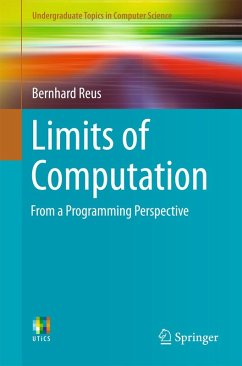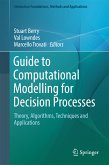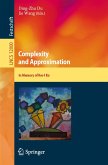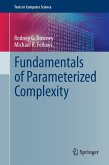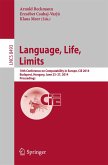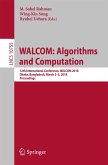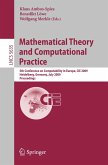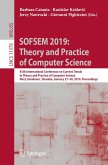Fundamental results are explained lucidly by means of programs written in a simple, high-level imperative programming language, which only requires basic mathematical knowledge. Throughout the book, the impact of the presented results on the entire field of computer science is emphasised. Examples range from program analysis to networking, from database programming to popular games and puzzles. Numerous biographical footnotes about the famous scientists who developed the subject are also included.
"Limits of Computation" offers a thorough, yet accessible, introduction to computability and complexity for the computer science student of the 21st century.
Dieser Download kann aus rechtlichen Gründen nur mit Rechnungsadresse in A, B, BG, CY, CZ, D, DK, EW, E, FIN, F, GR, HR, H, IRL, I, LT, L, LR, M, NL, PL, P, R, S, SLO, SK ausgeliefert werden.
"I think this is a very good update of Neil Jones's brilliant approach at teaching computability and complexity in a nontraditional manner that may resonate with students who are not necessarily deeply interested in mathematical abstractions. ... I think Reus's book deserves a large readership and should be tried out as an alternative text ... in computing and communications courses worldwide." (Sitabhra Sinha, Computing Reviews, January, 2017)
"The book under review is a textbook intended to provide the material for an introductory course on the classic theory ofalgorithms and modern complexity theory for senior undergraduate computer science students. ... the book is a good, concise introduction to the fields of computability and complexity for students, and a good reference for working professionals in all areas of computer science and mathematics." (M. I. Dekhtyar, Mathematical Reviews, November, 2016)

